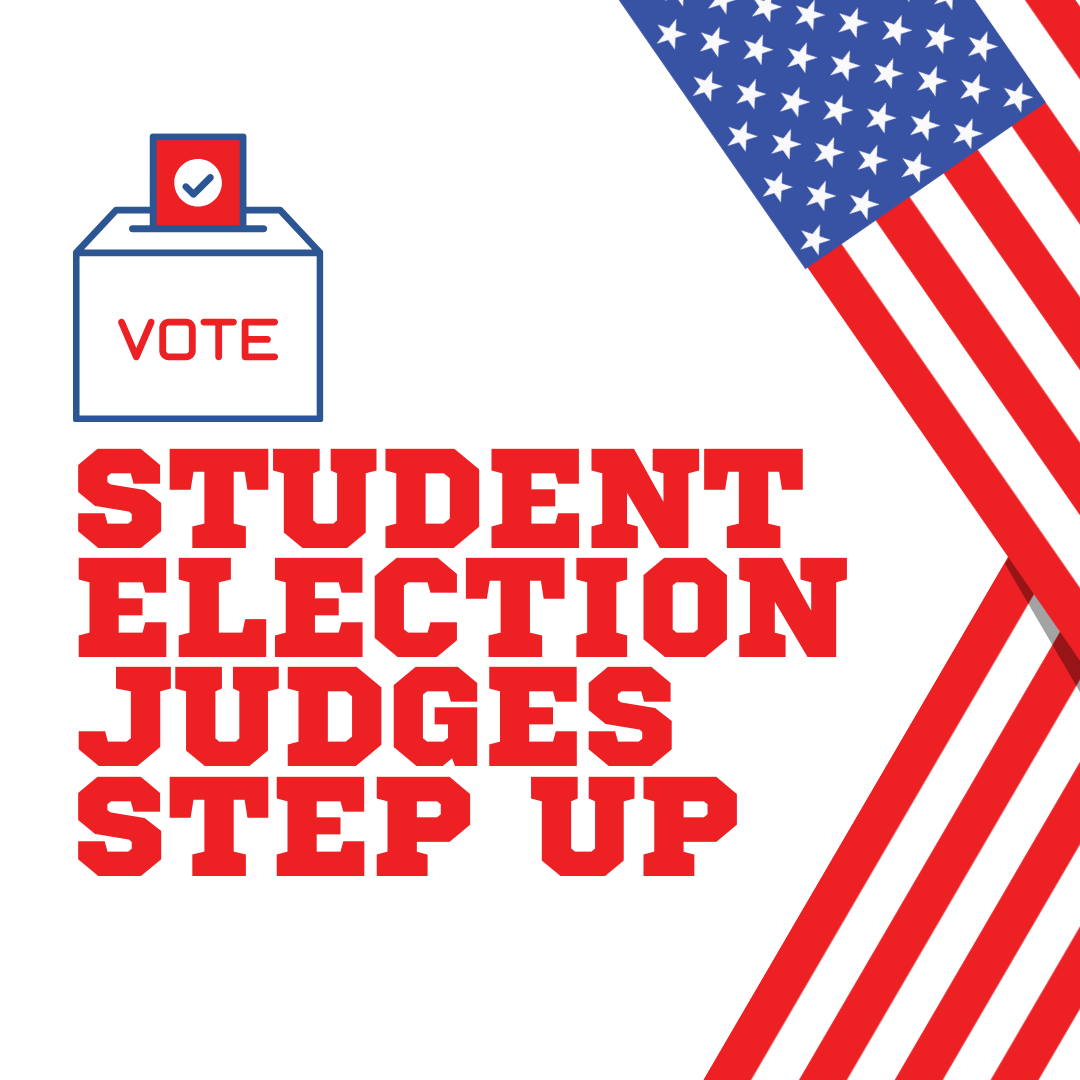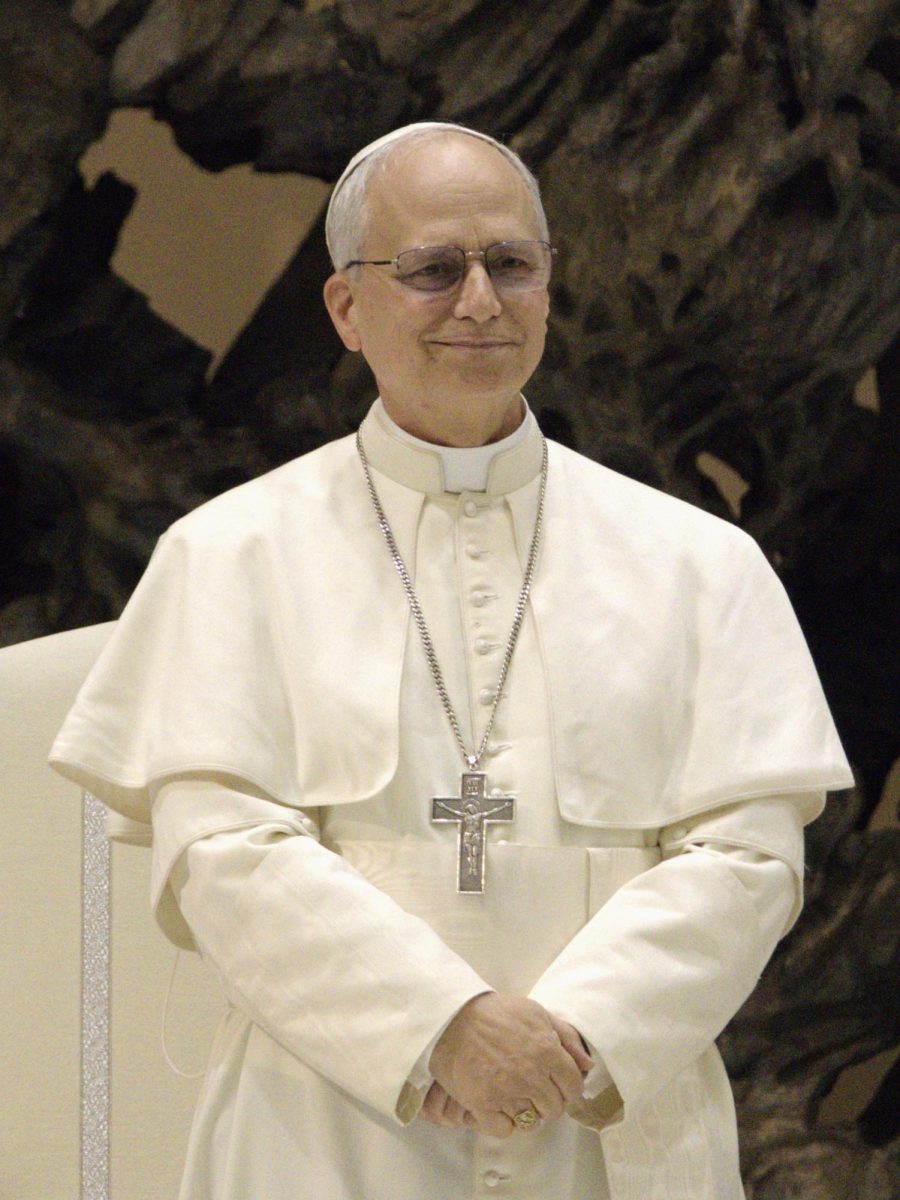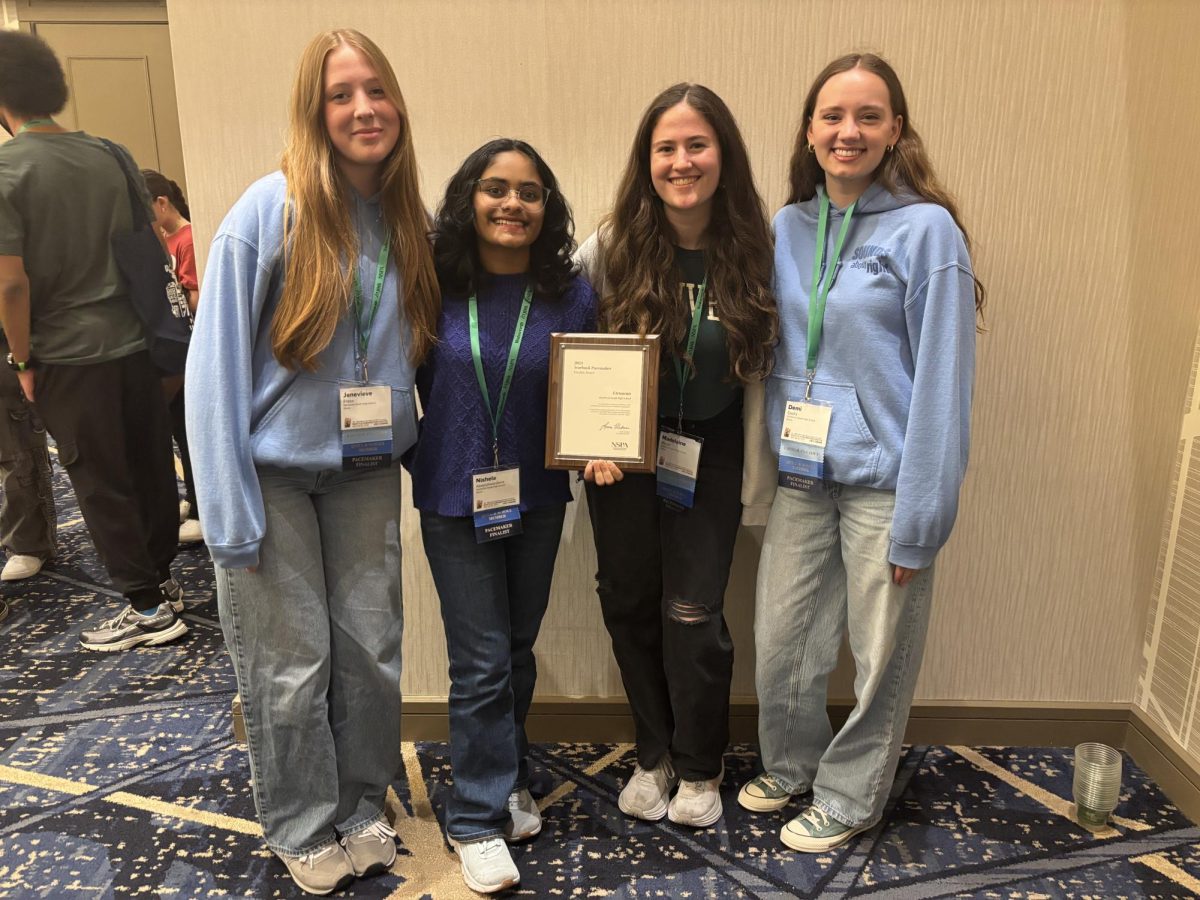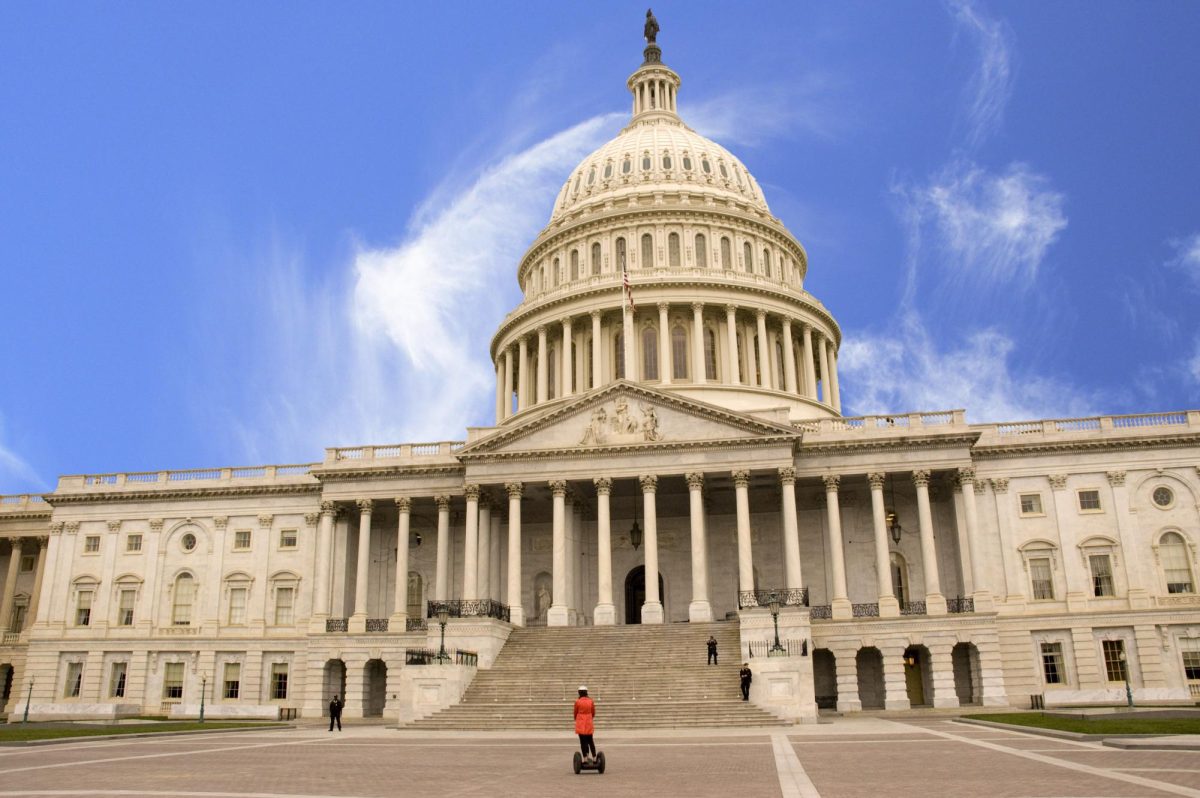Being a student election judge is an opportunity to help run polling places on election dates, such as this year’s presidential election, Tara Tate, Social Studies Teacher, said.
To apply, students need a parent and principal signature, a staff sponsor, a minimum 3.0 GPA, and to attend a training course, Tate said. Most students hear about the opportunity from their social studies teachers, specifically Civics and AP Government classes, Stacy Flannery, Social Studies Teacher, said. Election judges are paid $250 for the day, and get an inside look into the voting process, which most do not get until they are eligible to vote, Flannery said.
“We [are] creating the time, the knowledge, and hopefully the passion [for students] to want to get involved,” Flannery said.
Junior Maddy Ocampo, a first-time election judge for the presidential election, worked to help check people in and distribute and scan ballots, resulting in the need for troubleshooting.
“At some points [there were] problems [and] it was stressful, so I [am] definitely more empathetic towards election judges [now],” Ocampo said.
Senior Kristina Rylicki was a judge in last year’s spring election and initially faced some fears about volunteering, however, the experience was educational.
“It seemed intimidating because they threw so much information [about the process] at you [during training], but when you showed up [at the polling place] there were [experienced] people [to] guide me along the way,” Rylicki said.
Flannery and Tate encourage students to get involved in election judging in order to apply their curriculum to real life. Gaining their own experience may contrast what they see in the media, which is why volunteering is so important, Tate said.
Being an election judge is a way for any student to be involved in the election, Flannery said.
“[Students start to understand] that our democracy is dependent on participation.






